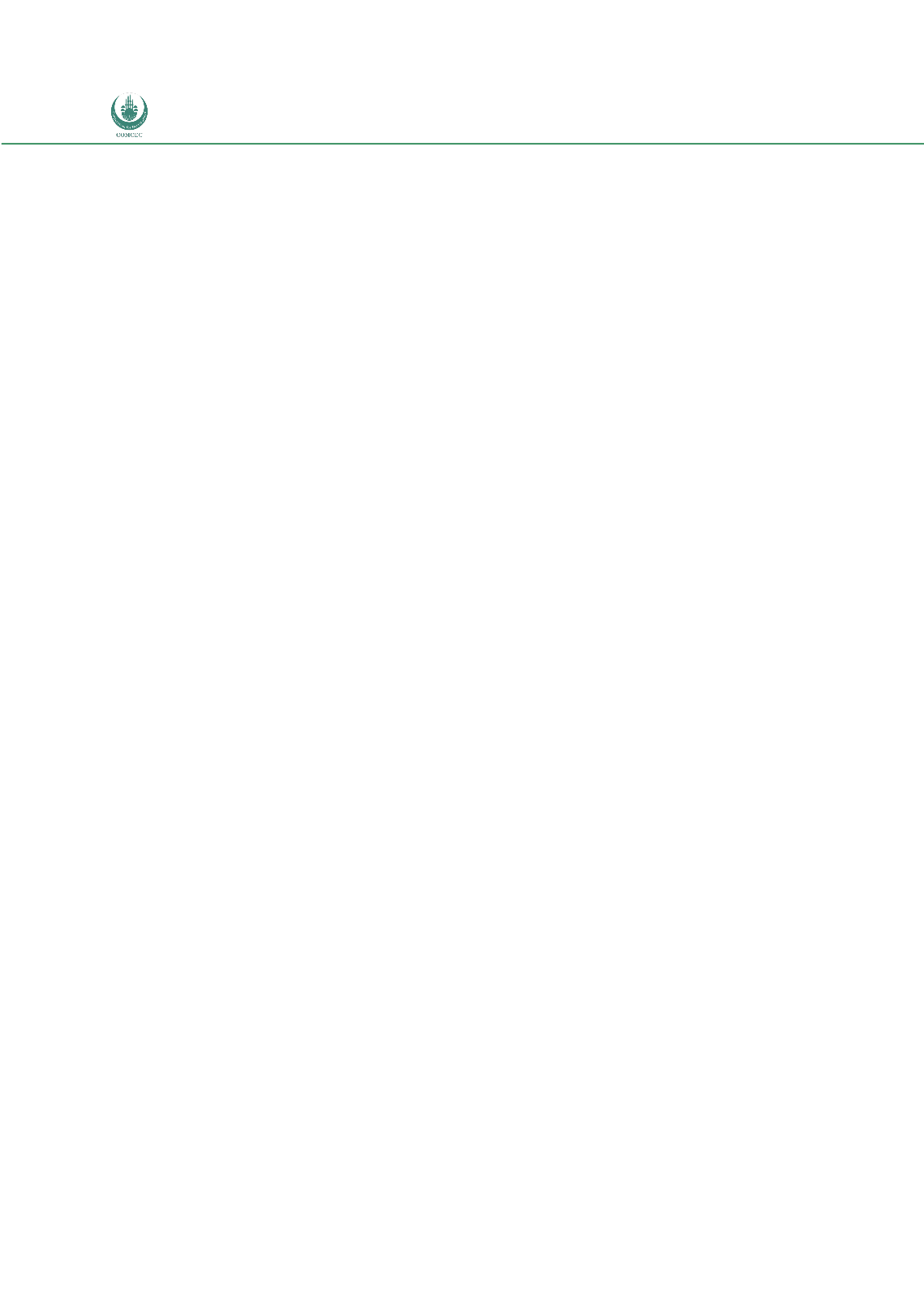

FACILITATING INTRA-OIC TRADE:
Improving the Efficiency of the Customs Procedures in the OIC Member States
88
programmes and Post Clearance Audit is increasing in recent years. But the number of
countries implementing such techniques is still low.
Pre-shipment inspections and mandatory use of customs are necessary in some of the
Member States. Such practices increase the cost of customs clearance for the companies
especially for the SMEs. The issue of customs valuation is also facing problems and
causing to disputes between the customs administrations and trading community.
Recommendations:
Implementing the modern customs procedures reduces the cost and time of customs
clearance and increases the revenues of the Customs Administrations which is very
critical for some of the Member States. However, many countries face difficulties in
reforming the procedures due to various reasons. In order to overcome these obstacles,
the Member States may take into consideration the following recommendations.
1.
Establishing a well-functioning coordination mechanism
Reforming the customs require close cooperation and coordination between the customs
administrations, other relevant government agencies and the private sector. National
Trade Facilitation Bodies have been established by many countries to make such
cooperation and coordination more effective. However, more important issue than
establishing such bodies is to make them sustainable. Ownership by the government,
holding regular meetings and dedicated secretariat are some of the crucial factors for
making such bodies sustainable. Moreover, the government shall use such coordination
mechanism during whole process including needs assessment, designing reforms,
implementing the reforms and evaluation. Financing for the activities of the body shall
be secured by the government which may be required to conduct studies or meetings.
2.
Assessing the needs
Designing the reforms in customs procedures require a needs assessment which will
highlight the problematic areas. The needs can be identified through consultations with
the following:
Private Sector
Relevant Border Protection Agencies and Ministry of Foreign Trade
Customs Officials
The needs assessment could be made through a special team composed of experts from
the Customs and private consultants. The team may conduct surveys, interviews and
meetings with the relevant parties. With regards to selecting the method for needs
assessment technical assistance from the relevant international institutions such as
WCO, World Bank and UNECE will be very useful. Moreover, experience of other
customs administrations may be exchanged through seminars or expert exchange.

















